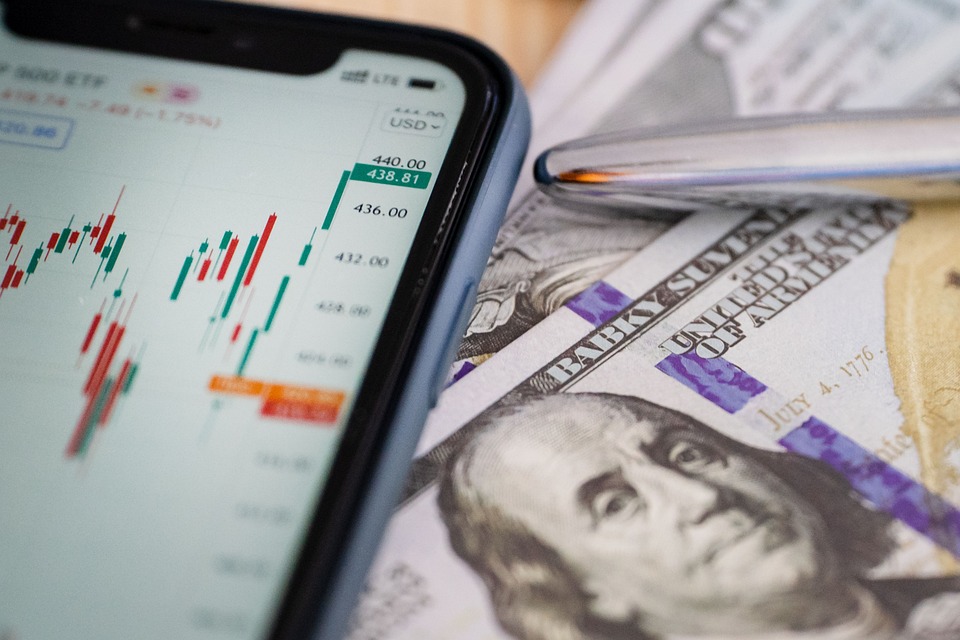Brazil is the world’s largest producer of coffee, accounting for approximately 30-40% of the world’s total coffee production. The country’s coffee industry has a long history, dating back to the 18th century, and has played a significant role in the country’s economy. However, the Brazilian coffee trade has faced several challenges in recent years, including climate change, pests, and diseases, which have affected coffee yields and quality. Despite these challenges, the Brazilian coffee trade still offers significant opportunities for investment and growth.
One of the main opportunities for investment in the Brazilian coffee trade is in the area of sustainability. Many coffee consumers, particularly in developed countries, are becoming increasingly concerned about the environmental and social impact of their coffee purchases. As a result, there is a growing demand for sustainable coffee, which is produced using environmentally friendly practices and ensures fair prices and working conditions for coffee farmers. Investors can capitalize on this trend by investing in sustainable coffee farms and processing facilities in Brazil. International Coffee Organization provides information on sustainable coffee production and trade.
Another opportunity for investment in the Brazilian coffee trade is in the area of technology. The use of technology, such as precision agriculture and blockchain, can help to improve the efficiency and transparency of the coffee supply chain. For example, precision agriculture can help farmers to optimize their crop yields and reduce waste, while blockchain can help to track the origin and quality of coffee beans. Investors can invest in companies that are developing and implementing these technologies in the Brazilian coffee industry. US Department of Agriculture provides information on the use of technology in agriculture.
The Brazilian government has also implemented several initiatives to support the coffee industry, including the creation of the Brazilian Coffee Council, which aims to promote the Brazilian coffee industry and increase exports. The government has also established several programs to support coffee farmers, including the Program for the Development of the Coffee Sector, which provides financing and technical assistance to coffee farmers. Investors can take advantage of these initiatives by investing in coffee farms and processing facilities in Brazil. Embrapa provides information on the Brazilian government’s initiatives to support the coffee industry.
In addition to these opportunities, the Brazilian coffee trade also offers significant potential for growth. The global demand for coffee is increasing, driven by growing consumption in emerging markets such as China and India. Brazil is well-positioned to take advantage of this trend, given its large coffee production and proximity to major markets. Investors can capitalize on this trend by investing in coffee exports and trading companies. International Trade Centre provides information on the global coffee market and trade.
Furthermore, the Brazilian coffee trade also offers opportunities for investment in the area of tourism. Coffee tourism is a growing trend, with many coffee consumers interested in visiting coffee farms and learning about the coffee production process. Investors can invest in coffee farms and tour operators that offer coffee tourism experiences in Brazil. Brazil Tourism provides information on coffee tourism in Brazil.
However, the Brazilian coffee trade also faces several challenges, including climate change, pests, and diseases, which can affect coffee yields and quality. Investors need to be aware of these risks and take steps to mitigate them, such as investing in sustainable coffee production and processing facilities. Food and Agriculture Organization provides information on the impact of climate change on agriculture.
In conclusion, the Brazilian coffee trade offers significant opportunities for investment and growth, particularly in the areas of sustainability, technology, and tourism. However, investors need to be aware of the challenges facing the industry, including climate change, pests, and diseases. By investing in sustainable coffee production and processing facilities, and taking steps to mitigate the risks facing the industry, investors can capitalize on the potential of the Brazilian coffee trade.
FAQs:
Q: What are the main challenges facing the Brazilian coffee trade?
A: The main challenges facing the Brazilian coffee trade include climate change, pests, and diseases, which can affect coffee yields and quality. Brazilian Ministry of Environment provides information on climate change in Brazil.
Q: What are the opportunities for investment in the Brazilian coffee trade?
A: The opportunities for investment in the Brazilian coffee trade include sustainability, technology, and tourism. Investors can invest in sustainable coffee farms and processing facilities, companies that are developing and implementing technologies such as precision agriculture and blockchain, and coffee tourism experiences. Invest Brasil provides information on investment opportunities in Brazil.
Q: How can investors mitigate the risks facing the Brazilian coffee trade?
A: Investors can mitigate the risks facing the Brazilian coffee trade by investing in sustainable coffee production and processing facilities, and taking steps to reduce the impact of climate change, pests, and diseases. United Nations Industrial Development Organization provides information on sustainable agriculture and risk management.
Q: What is the potential for growth in the Brazilian coffee trade?
A: The Brazilian coffee trade has significant potential for growth, driven by growing demand for coffee in emerging markets such as China and India. Investors can capitalize on this trend by investing in coffee exports and trading companies. World Trade Organization provides information on global trade and market trends.





